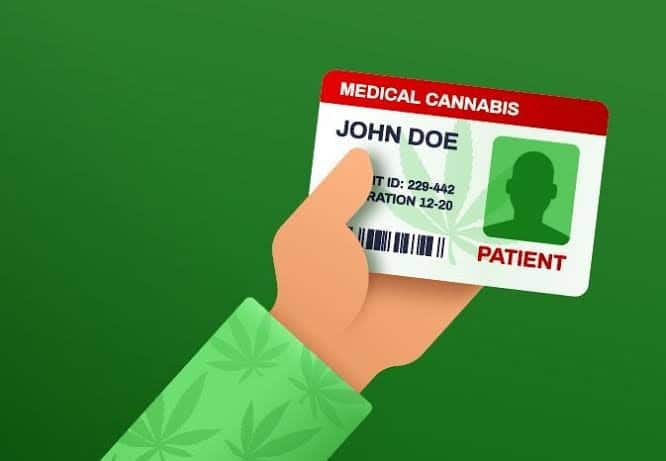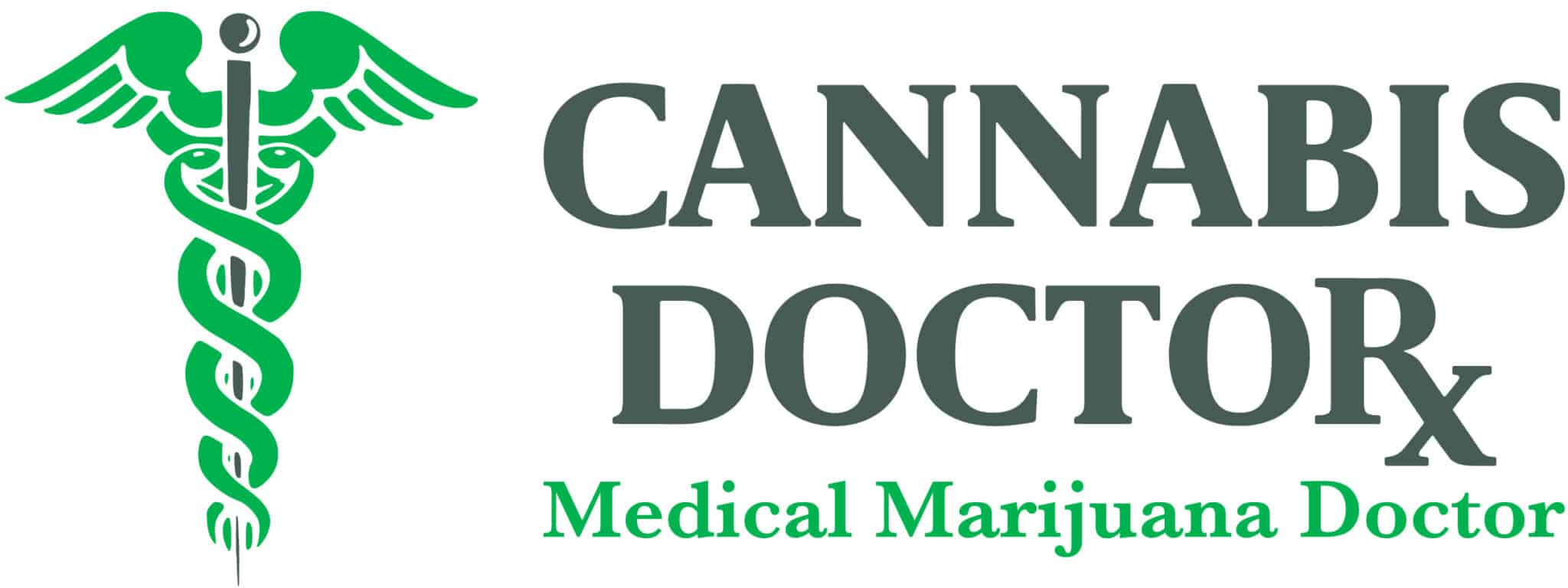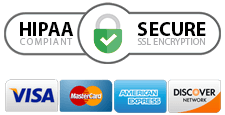In recent years, medical cannabis has become a widely accepted and legally available option for treating certain health conditions in Florida. If you’re living in West Palm Beach and wondering whether you’re eligible to get a medical marijuana card, you’re not alone. Thousands of Floridians have turned to cannabis for relief from chronic pain, anxiety, PTSD, and other health challenges — and the process to get approved is clearer than ever.
But before you can legally purchase or use medical marijuana in West Palm Beach, there are specific qualifications you’ll need to meet. Let’s break it down step-by-step so you’ll know exactly what to expect.

Step 1: Be a Florida Resident
First things first — to get a medical cannabis card in Florida, you must be a resident of the state. That means you either need to live in Florida permanently or reside here for part of the year as a seasonal resident.
Permanent residents can use a valid Florida driver’s license or state-issued ID as proof. Seasonal residents, such as snowbirds or long-term visitors, will need to provide two forms of documentation showing a Florida address. These could include a utility bill, lease agreement, or even mail from a government agency addressed to you at your Florida residence.
If you don’t meet this basic requirement, you won’t be able to get a medical marijuana card — no matter what your condition is.
Step 2: Have a Qualifying Medical Condition
The next and most important step is being diagnosed with a qualifying medical condition by a physician who is licensed and registered with the Florida Medical Marijuana Use Registry.
So what counts as a qualifying condition in Florida? The list is more extensive than most people think. Here are some of the more common conditions approved for treatment with medical cannabis:
- Cancer
- Epilepsy
- Glaucoma
- HIV/AIDS
- Crohn’s disease
- Parkinson’s disease
- Multiple sclerosis (MS)
- PTSD (Post-Traumatic Stress Disorder)
- ALS (Lou Gehrig’s Disease)
- Chronic pain related to another qualifying condition
- Terminal illness (with a life expectancy of 12 months or less)
- Any condition similar to those listed above, as determined by a qualified physician
Doctors in Florida also have some flexibility to approve patients with “medical conditions of the same kind or class” as those listed, which means you may qualify even if your exact diagnosis isn’t mentioned. If you suffer from severe anxiety, migraines, arthritis, or debilitating back pain, for example, it’s worth speaking to a cannabis-certified physician.
Step 3: Get Evaluated by a Qualified Physician
Only certain doctors in Florida are legally allowed to recommend medical marijuana. These physicians must complete a specific training course and be registered in the Medical Marijuana Use Registry.
To begin the process, you’ll need to schedule a consultation with one of these qualified doctors. During your appointment, the physician will:
- Review your medical history
- Evaluate your current condition
- Discuss how cannabis may help your symptoms
- Explain the risks and benefits of medical marijuana use
If the physician agrees that cannabis is appropriate for your condition, they will enter your name and information into the Florida Medical Marijuana Use Registry — this is a key step in the process and must be done by the physician.
Step 4: Register and Apply for Your Medical Marijuana ID Card
Once you’ve been entered into the state registry by your doctor, you’ll receive an email from the Florida Department of Health’s Office of Medical Marijuana Use (OMMU). This email will contain a link to complete your application online.
Here’s what you’ll need to submit:
- Proof of Florida residency (driver’s license, ID, or two qualifying documents)
- A passport-style photo (if you’re a seasonal resident without a Florida ID)
- A $75 application fee, paid online or by mail
After your application is submitted and approved, you’ll receive a Medical Marijuana Use Registry Identification Card. This card allows you to legally purchase medical cannabis from any licensed Medical Marijuana Treatment Center (MMTC) in West Palm Beach or anywhere in Florida.

How Long Does the Process Take?
The timeline can vary, but most people complete the process and receive their card within 2 to 4 weeks. The approval for your application typically takes about 10 business days, and in the meantime, you can use a temporary digital cannabis card to make purchases once you’re approved in the registry.
Can Minors Get a Medical Marijuana Card?
Yes, but the process is a bit more involved. If the patient is under the age of 18, they must have a parent or legal guardian apply on their behalf and get recommendations from two qualified physicians rather than just one.
The parent or guardian must also give consent and serve as the minor’s caregiver. All caregivers must register with the state and carry their own caregiver identification card.
Renewing Your Card
Medical cannabis cards in Florida are valid for one year. To keep your card active, you’ll need to:
- Renew your application through the OMMU annually
- Schedule a follow-up visit with your recommending physician at least every 210 days (about 7 months)
Missing either of these steps could cause your card to lapse, meaning you’ll be unable to purchase or use medical cannabis legally.
Ready to Apply for Your Medical Cannabis Card in West Palm Beach?
Getting a medical marijuana card might seem complicated at first, but the process is more straightforward than ever. Once you know the qualifications and follow the right steps, you can start receiving the relief you need in a safe, legal, and professional way.
Are you ready to take the first step toward better wellness?
Book your consultation with Cannabis Doctor X in West Palm Beach today and find out if you qualify. Whether you’re managing chronic pain, anxiety, or another qualifying condition, medical marijuana might be the option that finally helps you feel like yourself again.
Let the journey toward relief begin — with the support of a knowledgeable team and the peace of mind that comes from doing it the right way.
FAQs About Medical Cannabis Cards
Does health insurance cover the cost of a medical cannabis card?
No. Insurance does not cover the cost of consultations or medical marijuana products.
Do medical cannabis cards expire?
Yes. Most states require annual renewal of both the medical recommendation and the card.
Can I grow my own cannabis with a medical card?
Some states allow home cultivation for medical cardholders, but the number of plants and conditions vary by state law.
Are medical cannabis cards confidential?
Yes. Your medical information is protected under HIPAA and is only accessible by authorized entities like dispensaries and state health officials.
What happens if I lose my card?
You’ll need to request a replacement through your state’s medical marijuana program, which may involve a fee.
Is a medical cannabis card the same as a prescription?
No. Marijuana is federally illegal, so doctors “recommend” rather than “prescribe” cannabis.
Can I travel with medical marijuana?
You may travel within your state, but it’s illegal to carry cannabis across state lines—even between two legal states.
Do I need a new evaluation every year?
Most states require follow-up visits every 6 to 12 months to keep your recommendation and registry status active.
Can I buy from any dispensary with my card?
You can purchase from any licensed dispensary within your state’s network of Medical Marijuana Treatment Centers (MMTCs).
Will getting a medical cannabis card affect my job?
It depends on your employer. While some protections exist, many jobs still enforce drug-free policies that include cannabis.
Can caregivers use a medical cannabis card for patients?
Yes. Many states allow caregivers to apply for and manage medical marijuana use for minors or disabled adults.


